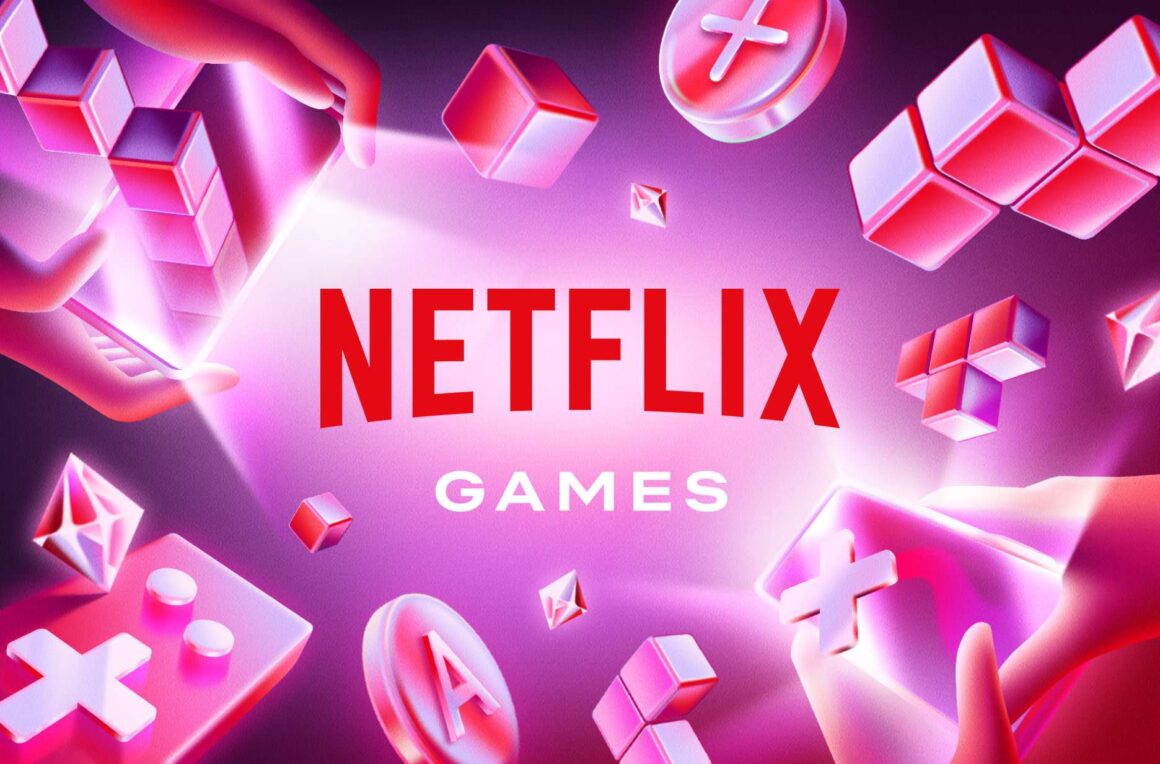Netflix has spent the past four years pushing into video games, buying studios, hiring talent, and rolling out titles tied to its shows. It’s the kind of move that makes investors nod and analysts raise an eyebrow.
The problem is that people don’t subscribe to Netflix for video games. They subscribe to watch Stranger Things or Squid Game, not to download a tie-in mobile app.
Sure, I can see the logic. Games give subscribers something to do while they wait for the next binge-worthy series to drop. But why would they stick around for Netflix’s library when they already have Steam, the App Store, or Google Play at their fingertips?
Netflix’s Gaming Play
Netflix’s early game catalog looked like a random collection of mobile titles you’d delete after a week. Ambitions for big-budget, AAA-level games stalled. Now the strategy is shifting with a focus on narrative-driven titles that connect to Netflix originals.
Think reality TV dating shows like Too Hot to Handle turned into interactive experiences, or Stranger Things puzzle games. Alain Tascan, the new head of Netflix Gaming (formerly of Epic Games and Fortnite), says the goal is to make gaming a “major part” of Netflix’s mission.
Netflix is committed to this vision. They’ve invested$1 billion with 140 games in the library, all free with your subscription. No ads and no microtransactions.
The Problem With the “Netflix of Games” Model
Former PlayStation boss Shawn Layden isn’t convinced the subscription model works for games the way it works for TV. The two industries play by different rules:
- Games take longer to finish, so players don’t consume them as quickly as shows.
- Replay value is limited unless it’s a competitive or live-service game.
- Development costs are massive, and the payoff per player is uncertain.
Netflix’s own data seems to back this up. Only about 1.1 million people play its games daily, a drop in the bucket compared to 300+ million streaming subscribers.
Why Netflix Still Thinks It’s Worth It
The real goal isn’t to sweep the Game Awards. It’s to keep you from canceling your subscription.
If Netflix can make you think twice about unsubscribing because you’re hooked on a Squid Game side quest, that’s a win. Gaming becomes another sticky feature, like offline downloads or personalized recommendations.
If they can monetize in-game purchases and premium titles in the future, that’s another revenue stream. For now, the investment is small compared to Netflix’s massive content budget.
Netflix’s gaming push is less about becoming a rival to Xbox or PlayStation. What they really want is for you to spend as much of your free time in their app as possible.
Will it work? Maybe. The company has the money, the IP, and the patience to keep experimenting. Until Netflix makes a game people actually subscribe for, gaming will stay a side dish, not the main course.






